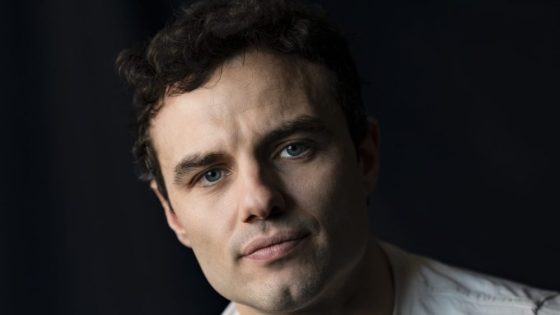The United Kingdom’s National Health Service (NHS) is fast-tracking patients for its upcoming cancer vaccine trials — and each one will be tailored to every individual’s needs.
As The Guardian reports, patients who meet eligibility criteria need only sign off on having their blood and tissues sampled to gain immediate access to the vaccine trial, which will use cutting-edge mRNA technology to customize each jab to the DNA of the people getting them.
The NHS told the newspaper that dozens of people have already been enrolled in the program, called the Cancer Vaccine Launch Pad, and thousands more will be able to get into the trials at 30 sites around the UK. To start, the agency is looking for patients with bladder, colorectal, kidney, lung, skin, and pancreatic cancers, but more types will be added as the program progresses.
“As more of these trials get up and running at hospitals across the country,” explained NHS England head Amanda Pritchard, “our national matchmaking service will ensure as many eligible patients as possible get the opportunity to access them.”
Announced ahead of the American Society of Clinical Oncology (Asco) conference in Chicago, the NHS program is working in tandem with German vaccine maker BioNTech, whose mRNA COVID-19 vaccines have paved the way for the technology to be applied to all manner of illnesses and diseases.
At the conference, BioNTech is also slated to present preliminary evidence on research suggesting that measuring circulating tumor DNA could help early detection of colorectal cancer, which accounted for an estimated 930,000 deaths globally in 2020 alone.
The program’s first patient, 55-year-old Elliot Pfebve is also suffering from colorectal cancer. As The Guardian reports, the man had no symptoms and only learned that he had it during a routine doctor’s appointment.
Pfebve had his cancerous tumor and part of his large intestine removed and went through chemotherapy prior to enrolling in the NHS pilot, which saw him getting the world’s first jab of the same type of mRNA vaccine that was used in Pfizer and BioNTech’s COVID vaccine.
Victoria Kunene, the trial’s principal investigator, told The Guardian that it’s too soon to tell if Pfebve’s cancer has been completely cured, but she is “extremely hopeful” about the outcome.
“Based on the limited data we currently have of the in-body response to the vaccine, this could prove to be a significant and positive development for patients,” Kunene told the newspaper, “but more data is yet needed and we continue to recruit suitable patients to the trial to establish this further.”
For his part, the groundbreaking lecturer seemed to be thrilled at the chance to help cure cancer and make history in the process.
“Being part of this trial has been a really important decision in my life, both for me and my family,” Pfebve enthused. “Having been through the difficulty of diagnosis and debilitating chemotherapy, it felt wonderful to be able to take part in something which could lead to a new way of treating cancer, and if others can benefit from what the trial might discover, then that’s great, too.”
More on next-gen vaccines: New Vaccine Could Protect Against Any Strain of a Virus With One Shot
Source Agencies


